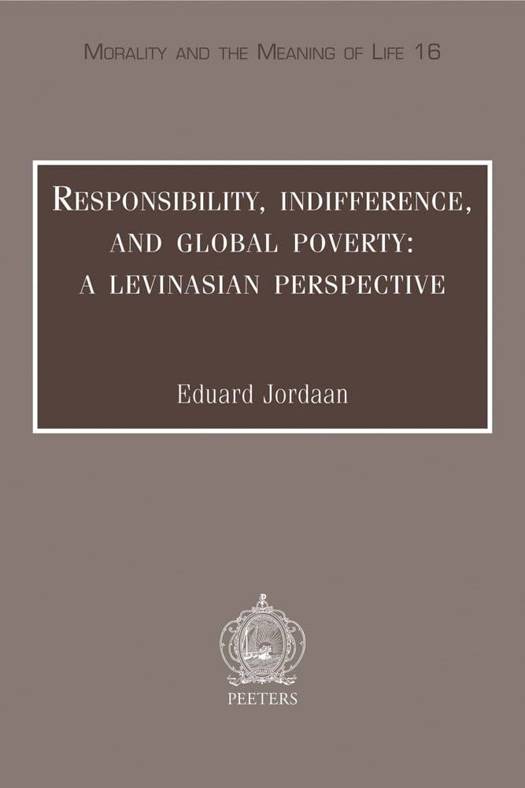
Je cadeautjes zeker op tijd in huis hebben voor de feestdagen? Kom langs in onze winkels en vind het perfecte geschenk!
- Afhalen na 1 uur in een winkel met voorraad
- Gratis thuislevering in België vanaf € 30
- Ruim aanbod met 7 miljoen producten
Je cadeautjes zeker op tijd in huis hebben voor de feestdagen? Kom langs in onze winkels en vind het perfecte geschenk!
- Afhalen na 1 uur in een winkel met voorraad
- Gratis thuislevering in België vanaf € 30
- Ruim aanbod met 7 miljoen producten
Zoeken
€ 72,95
+ 145 punten
Omschrijving
Consider the fact that thousands of people die daily from preventable, poverty-related causes through no fault of their own. However, despite our failure to prevent more of these preventable deaths, we generally do not seem to consider ourselves particularly guilty, unjust, bad, immoral or irresponsible for our failure to act. This study attempts to understand our continued good conscience amid the suffering of the world's poorest. In doing so, it draws on Emmanuel Levinas's ethical philosophy to demonstrate how writings in the principal debate about the extent of our responsibility for others at the global level, the so-called 'cosmopolitan-communitarian debate', contain a number of elements that enable and perpetuate our indifference to the world's poorest.
Specificaties
Betrokkenen
- Auteur(s):
- Uitgeverij:
Inhoud
- Aantal bladzijden:
- 120
- Taal:
- Engels
- Reeks:
- Reeksnummer:
- nr. 16
Eigenschappen
- Productcode (EAN):
- 9789042918221
- Verschijningsdatum:
- 31/12/2006
- Uitvoering:
- Paperback
- Formaat:
- Trade paperback (VS)
- Afmetingen:
- 165 mm x 238 mm
- Gewicht:
- 240 g

Alleen bij Standaard Boekhandel
+ 145 punten op je klantenkaart van Standaard Boekhandel
Beoordelingen
We publiceren alleen reviews die voldoen aan de voorwaarden voor reviews. Bekijk onze voorwaarden voor reviews.









